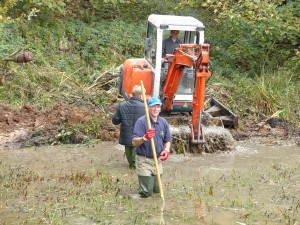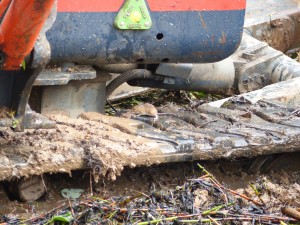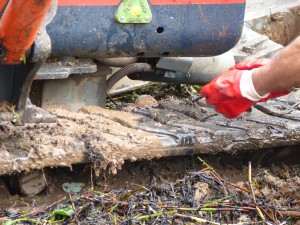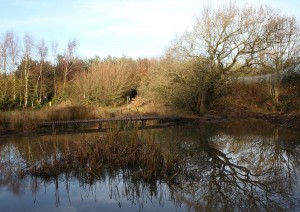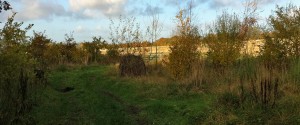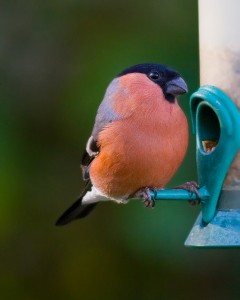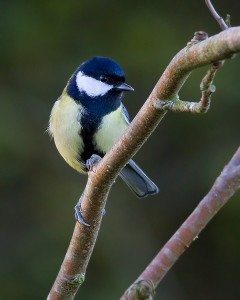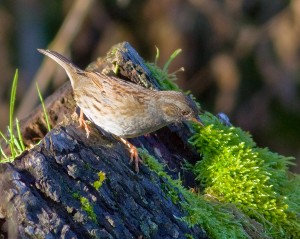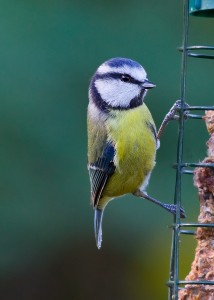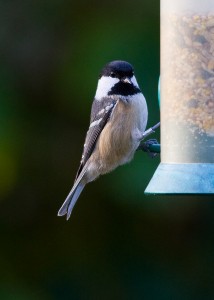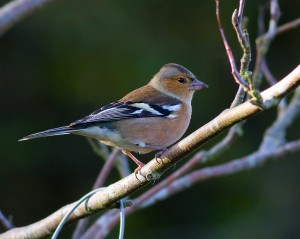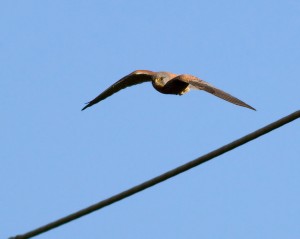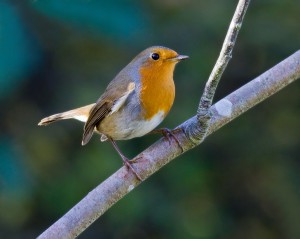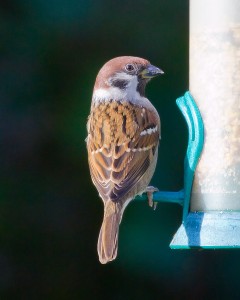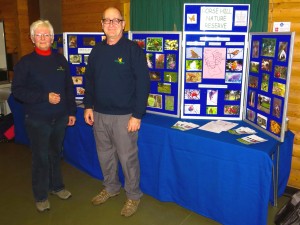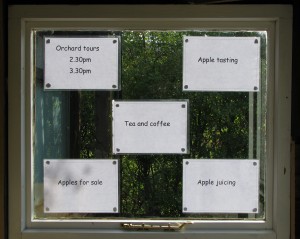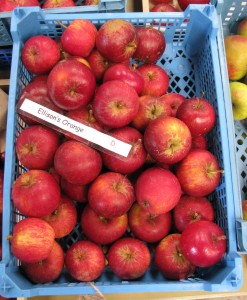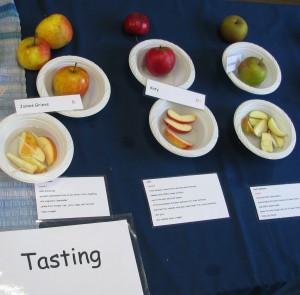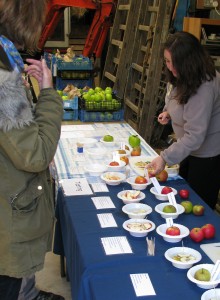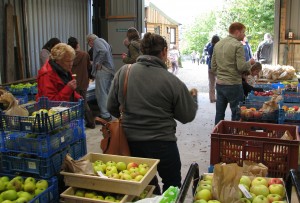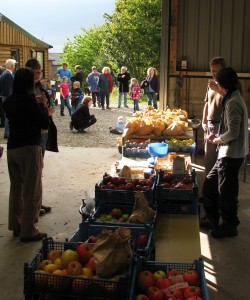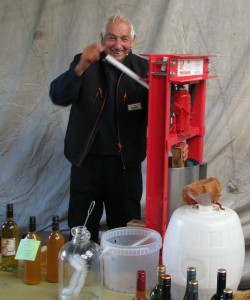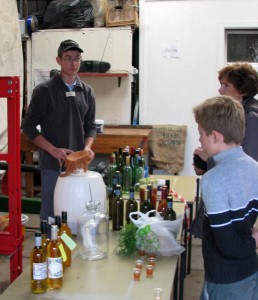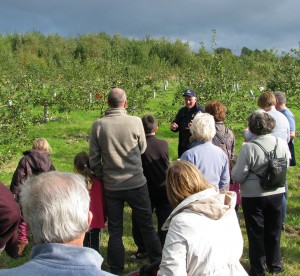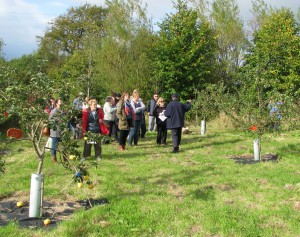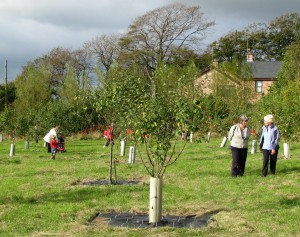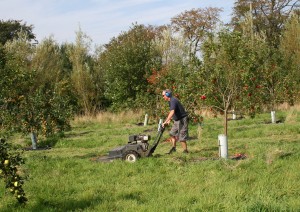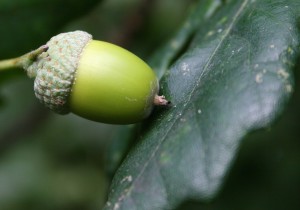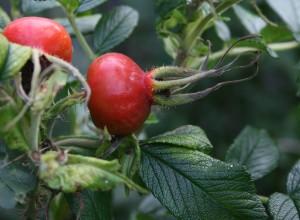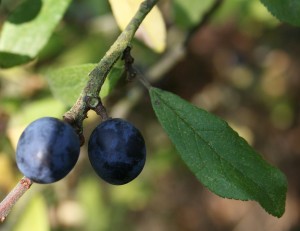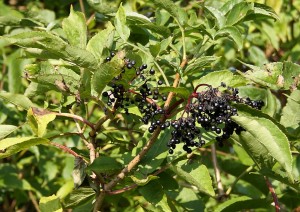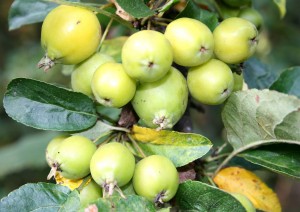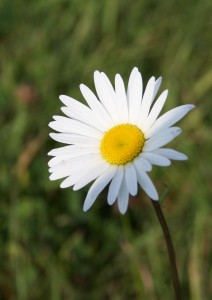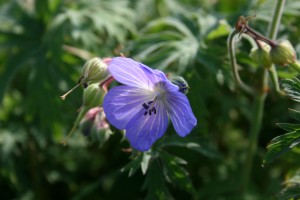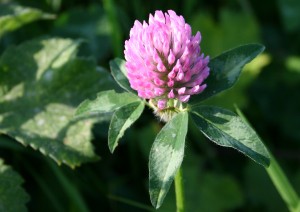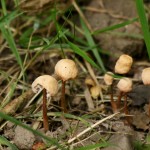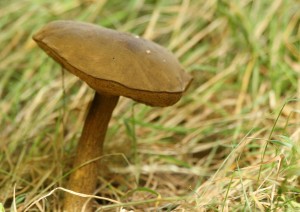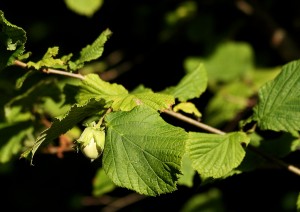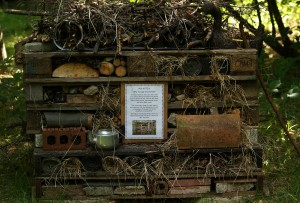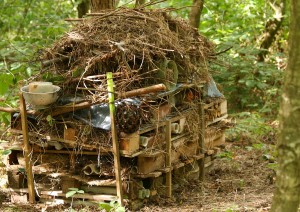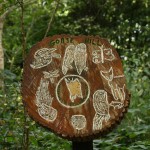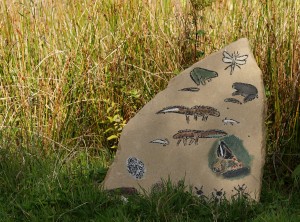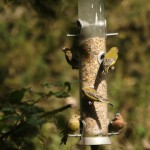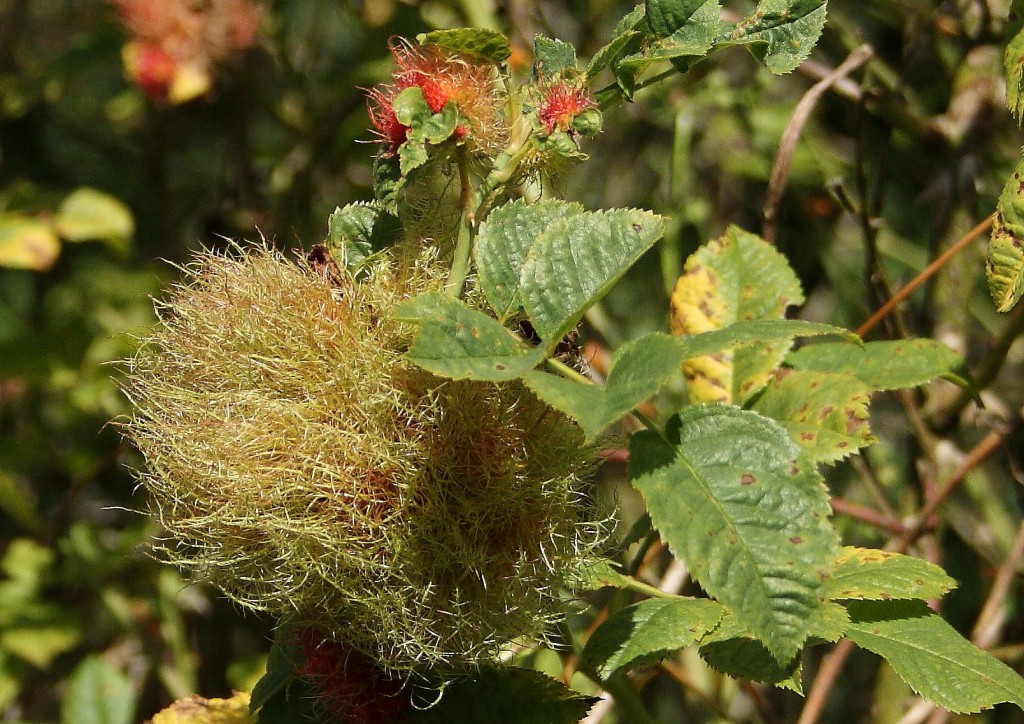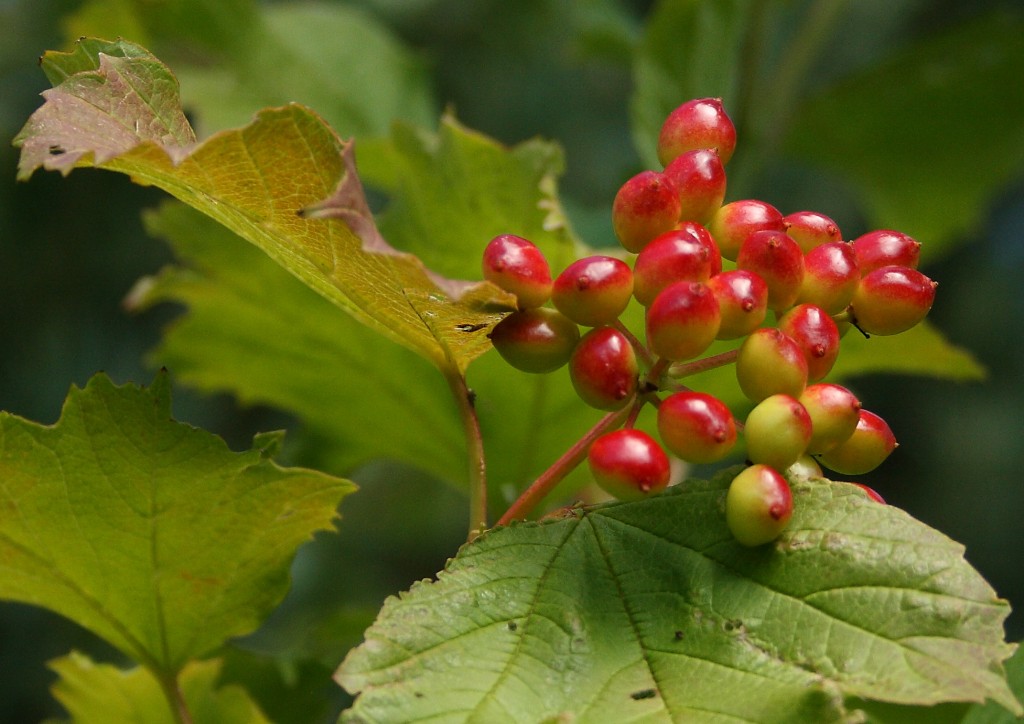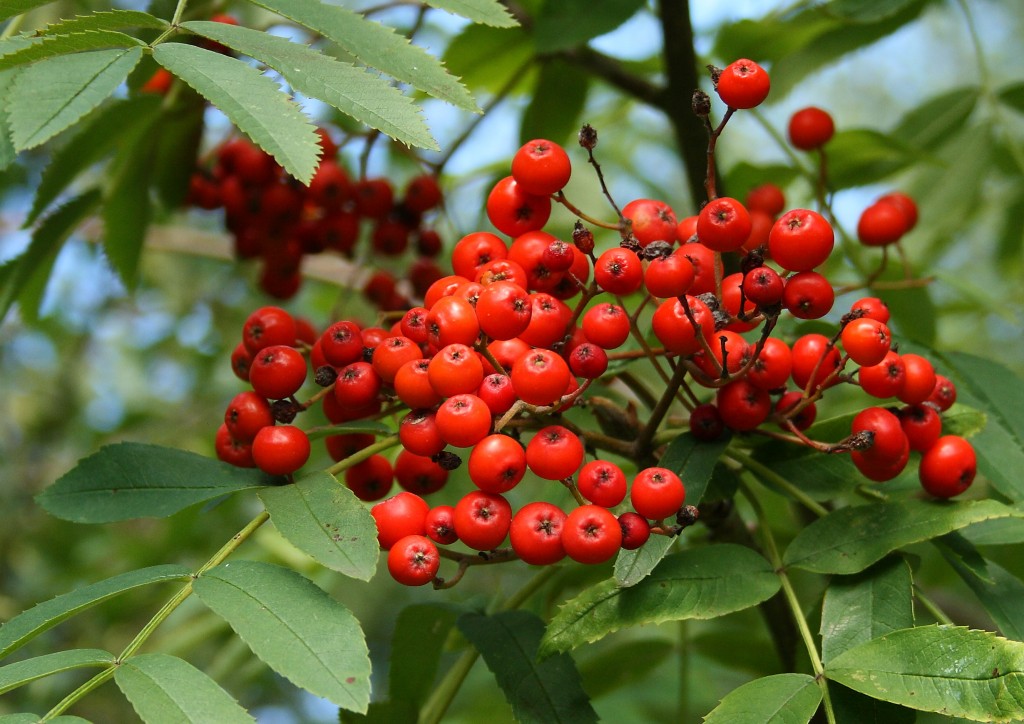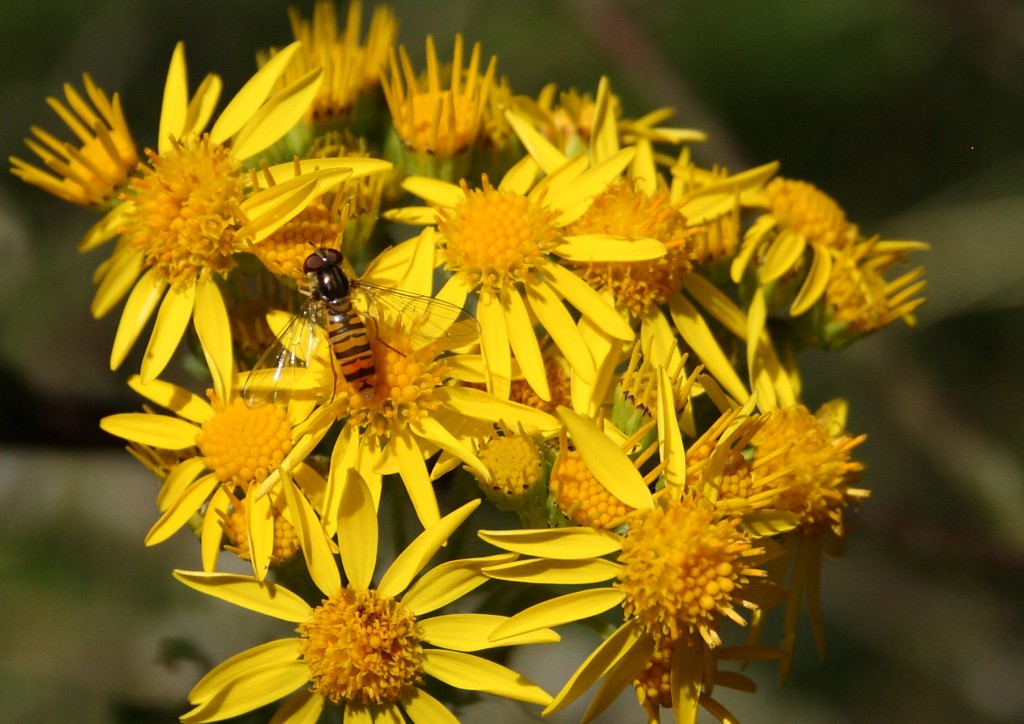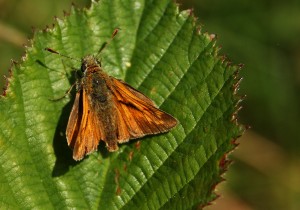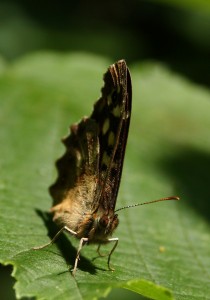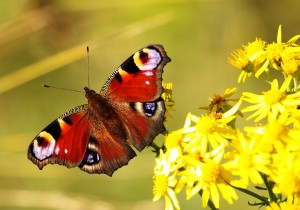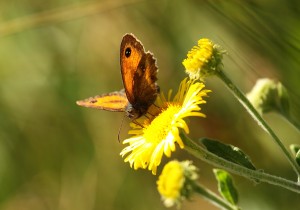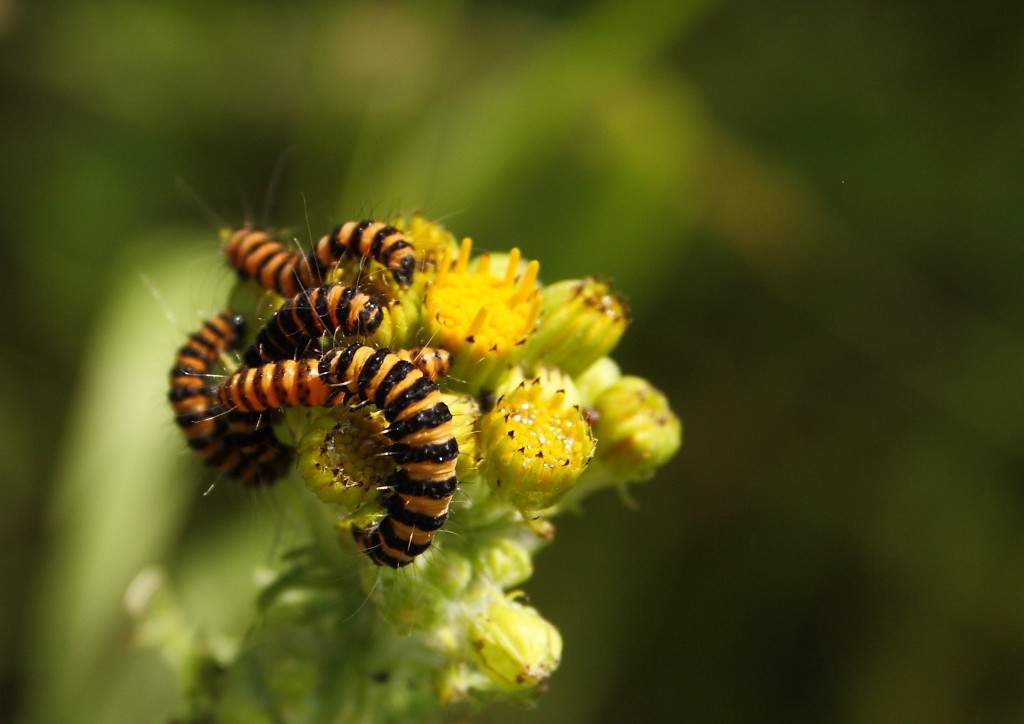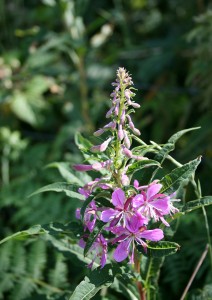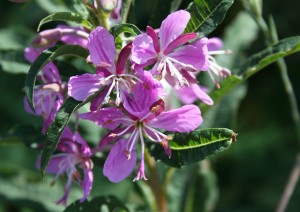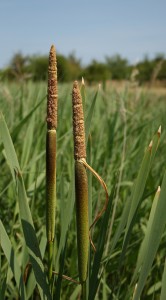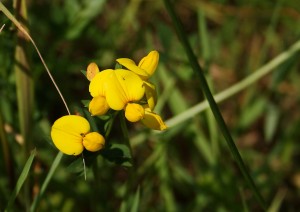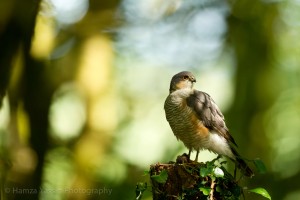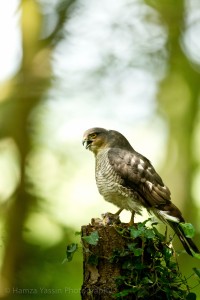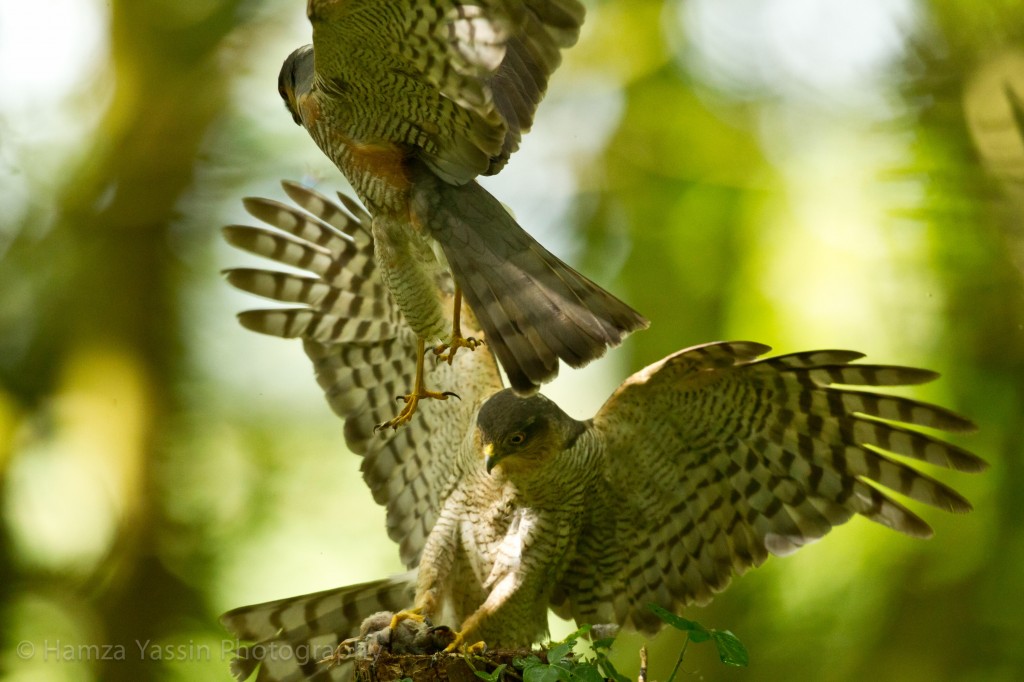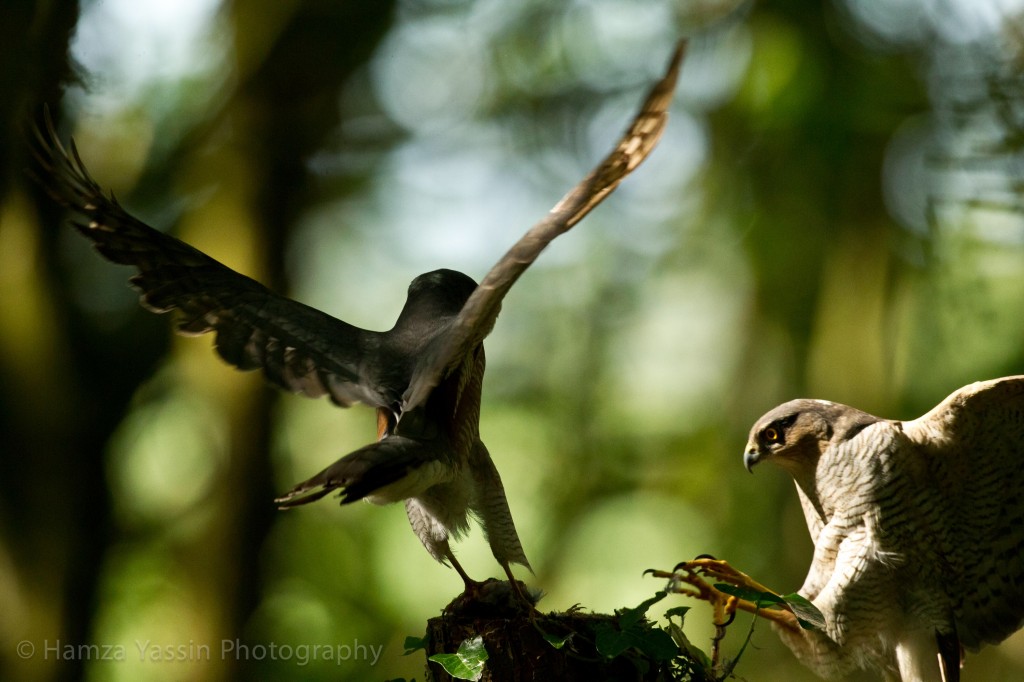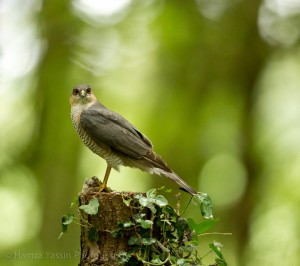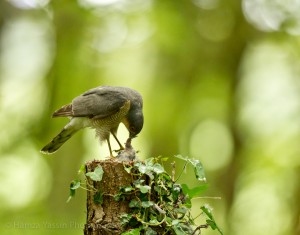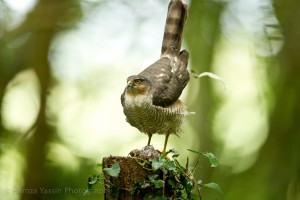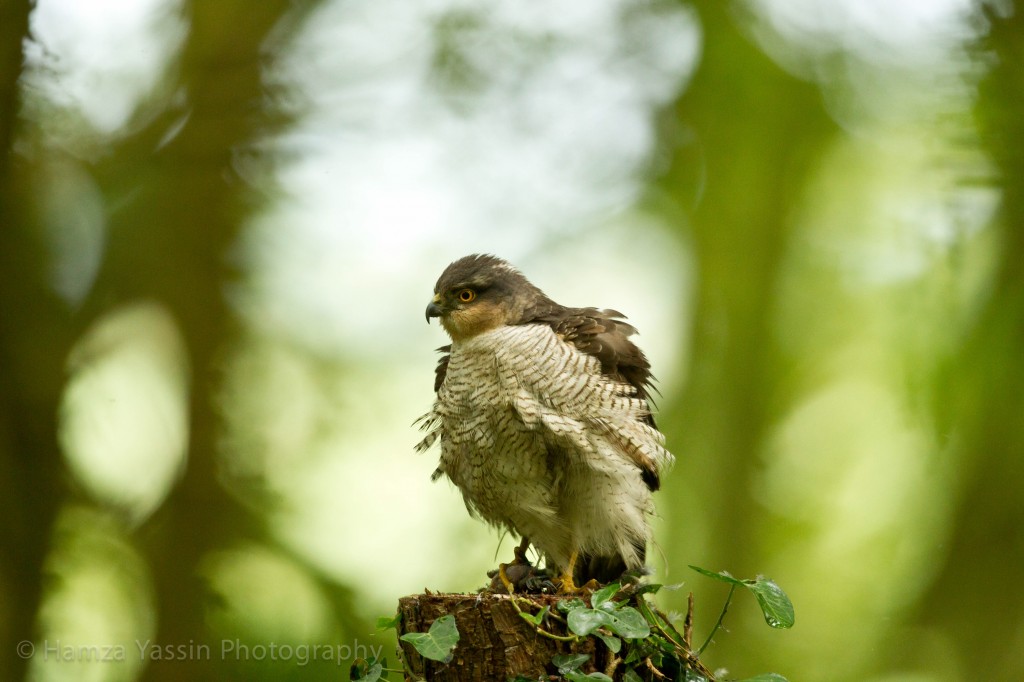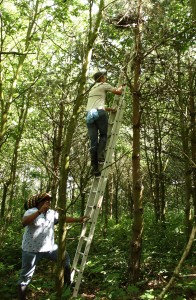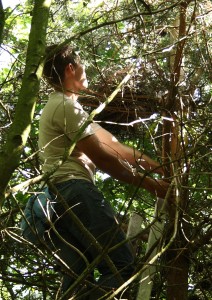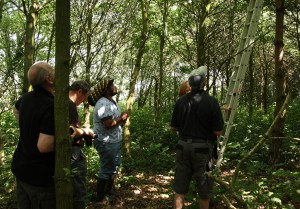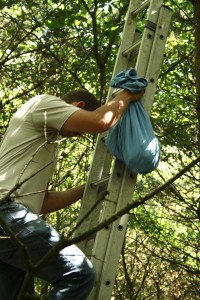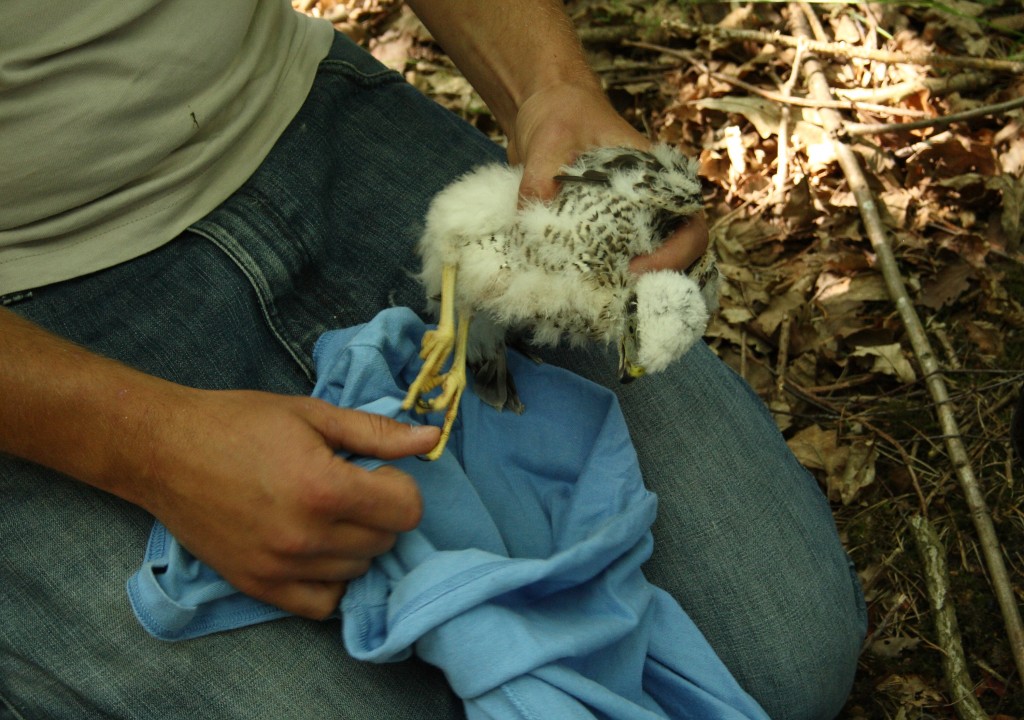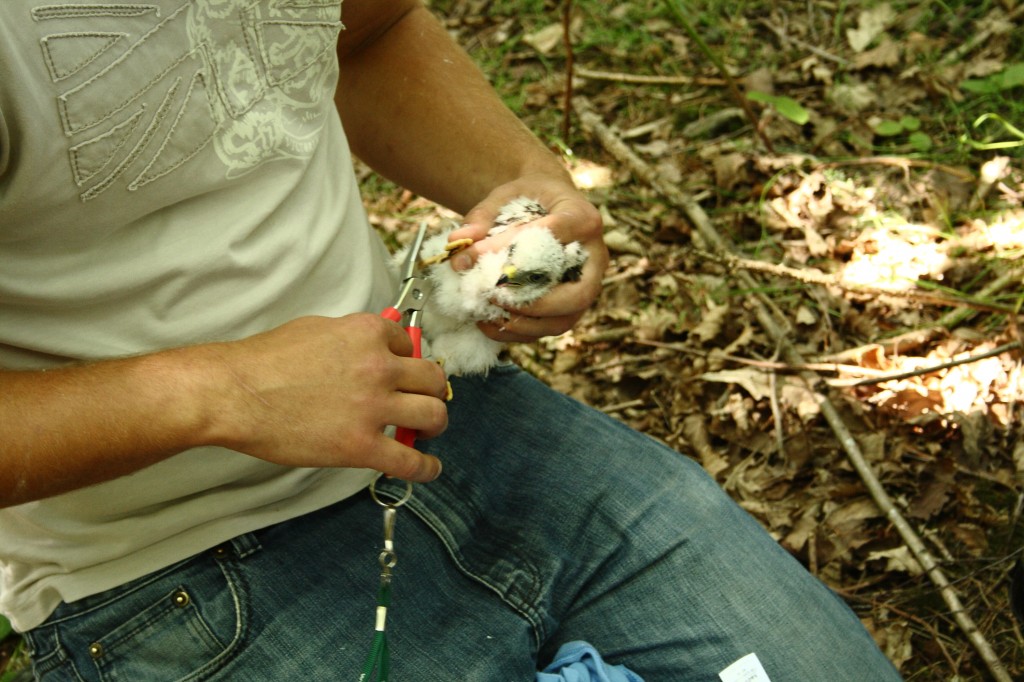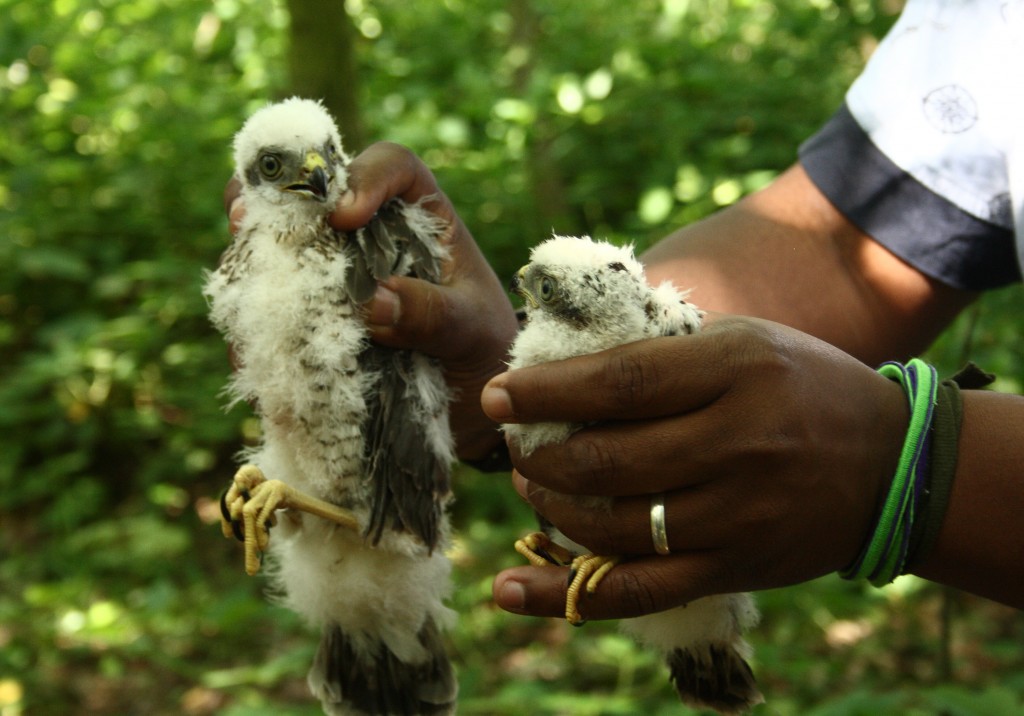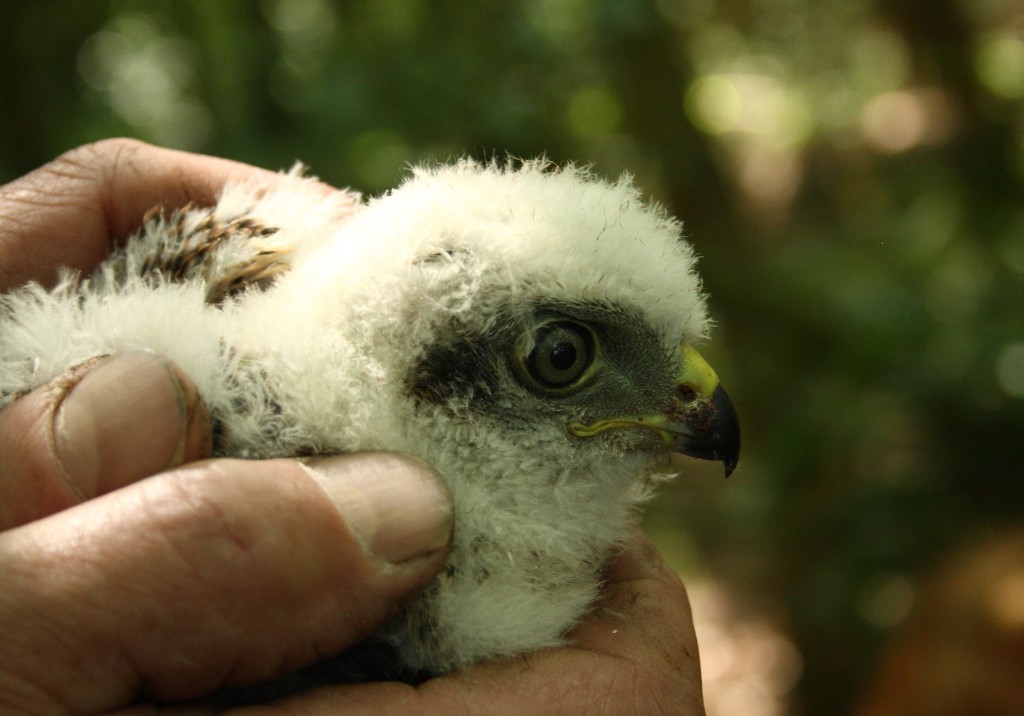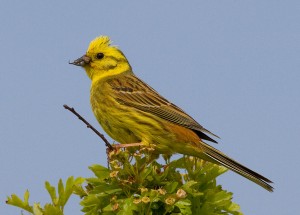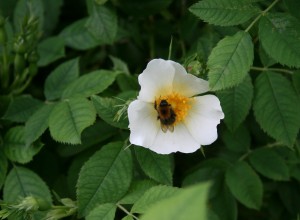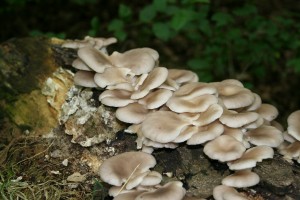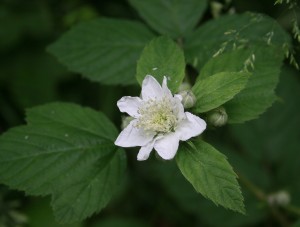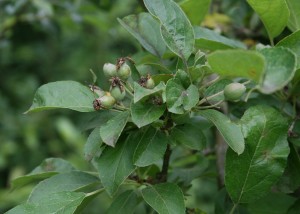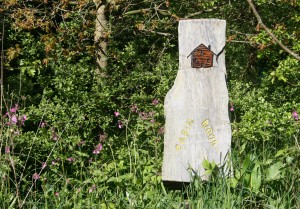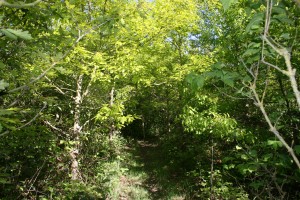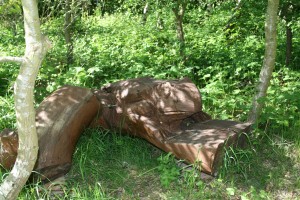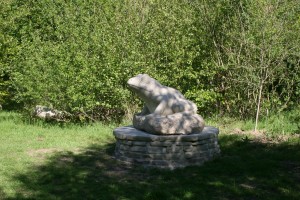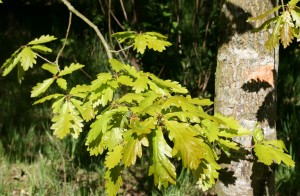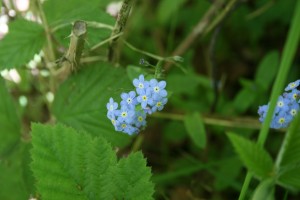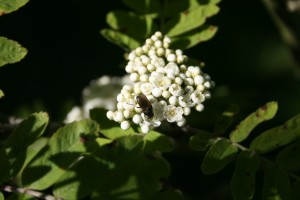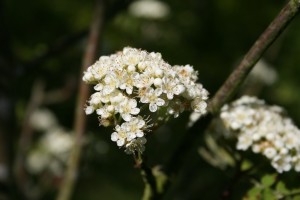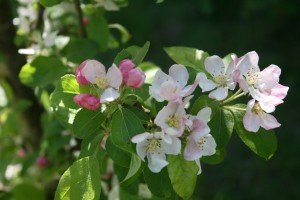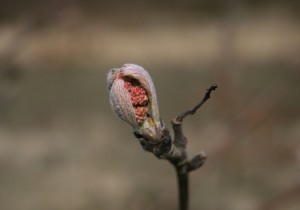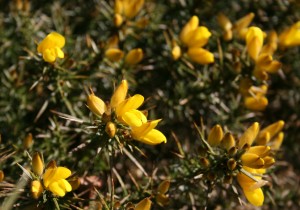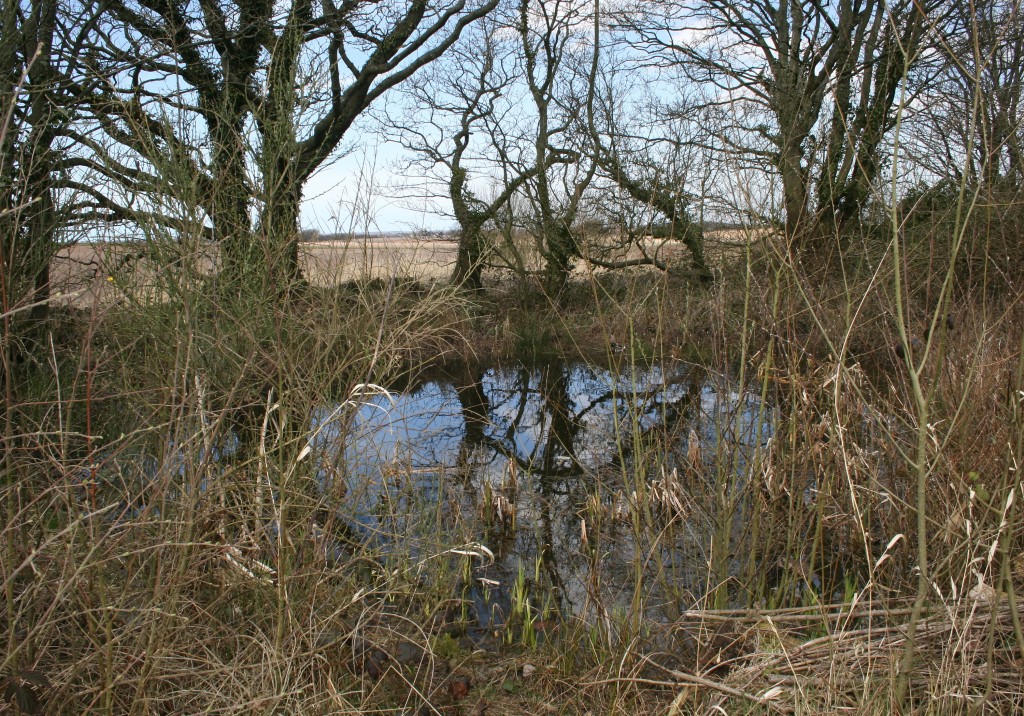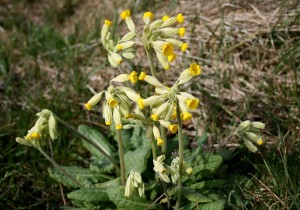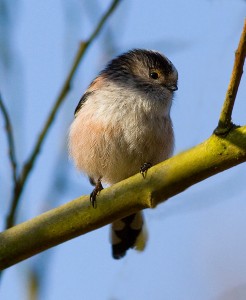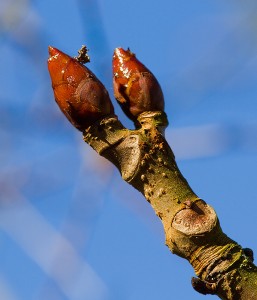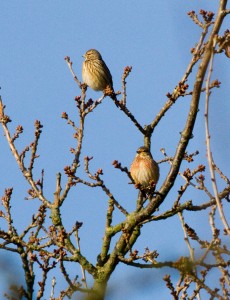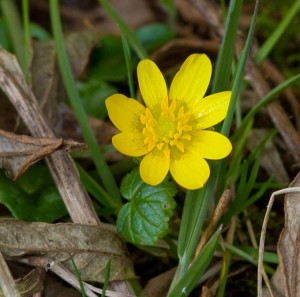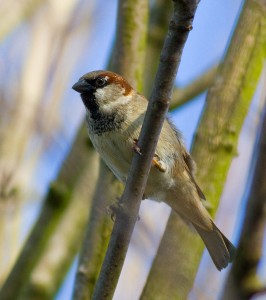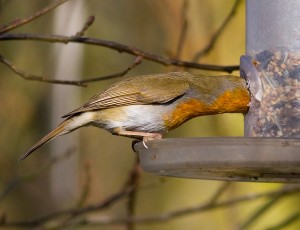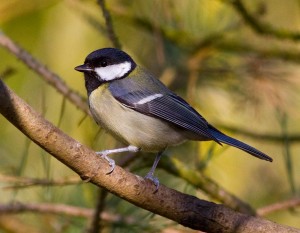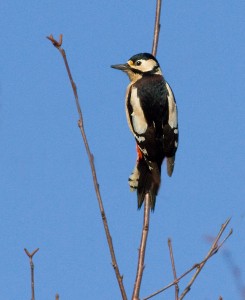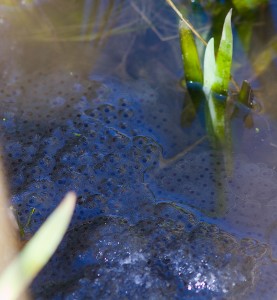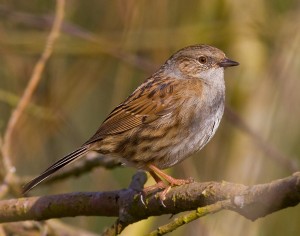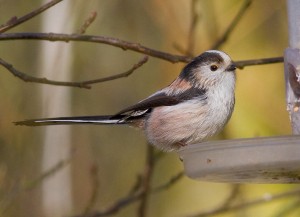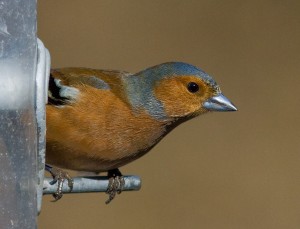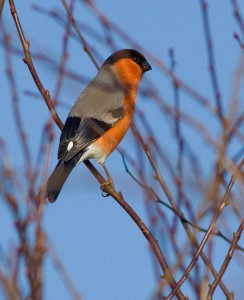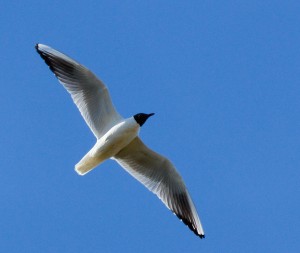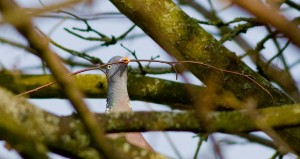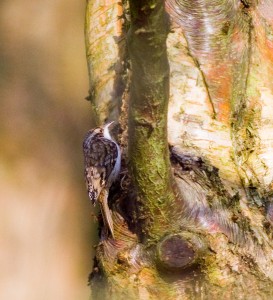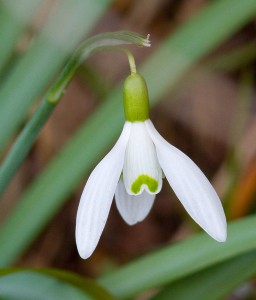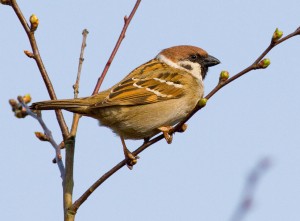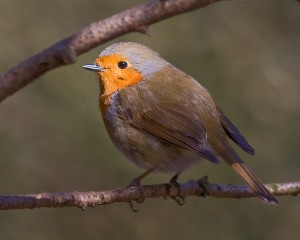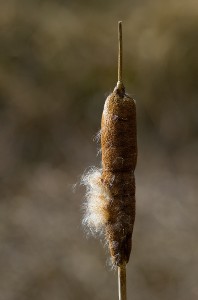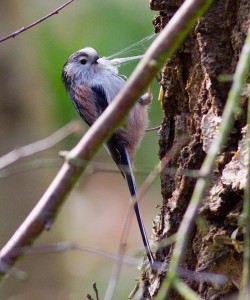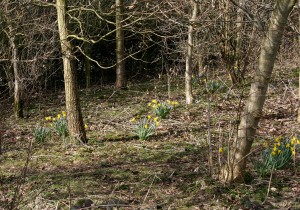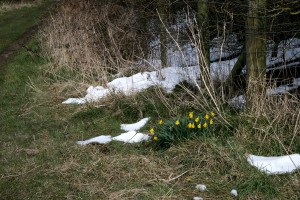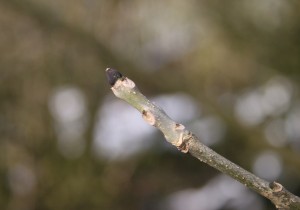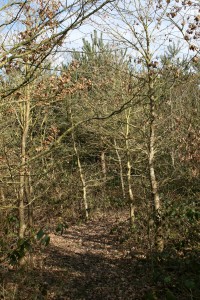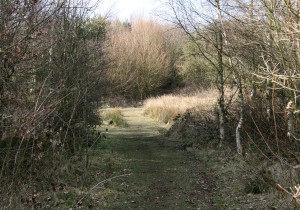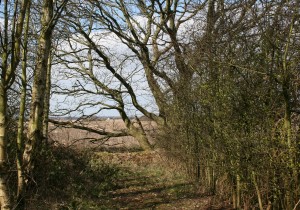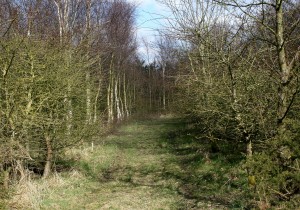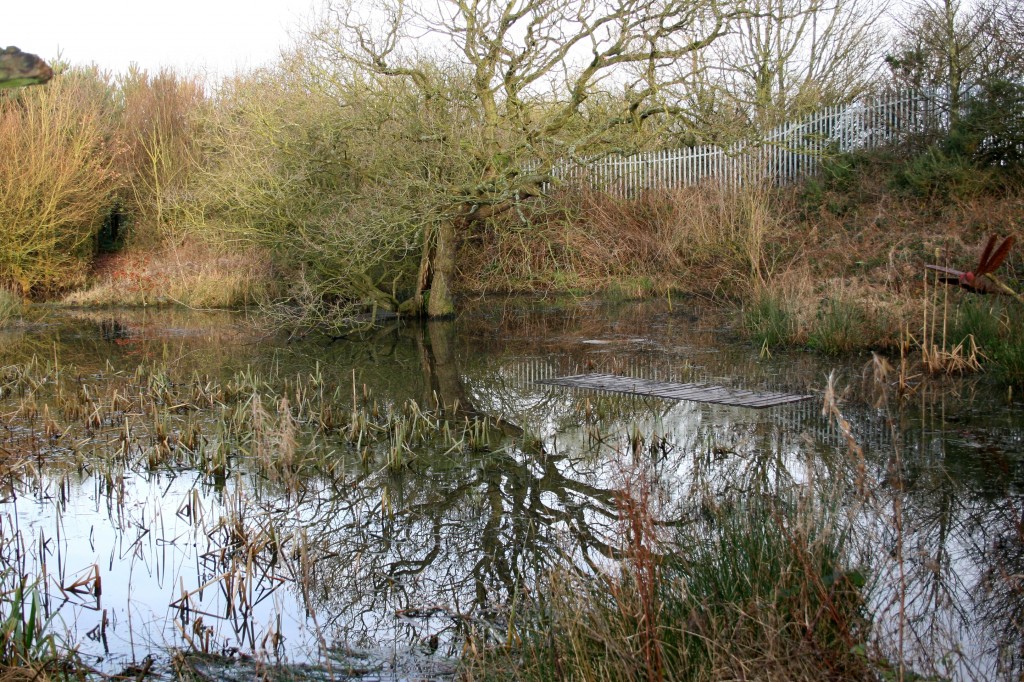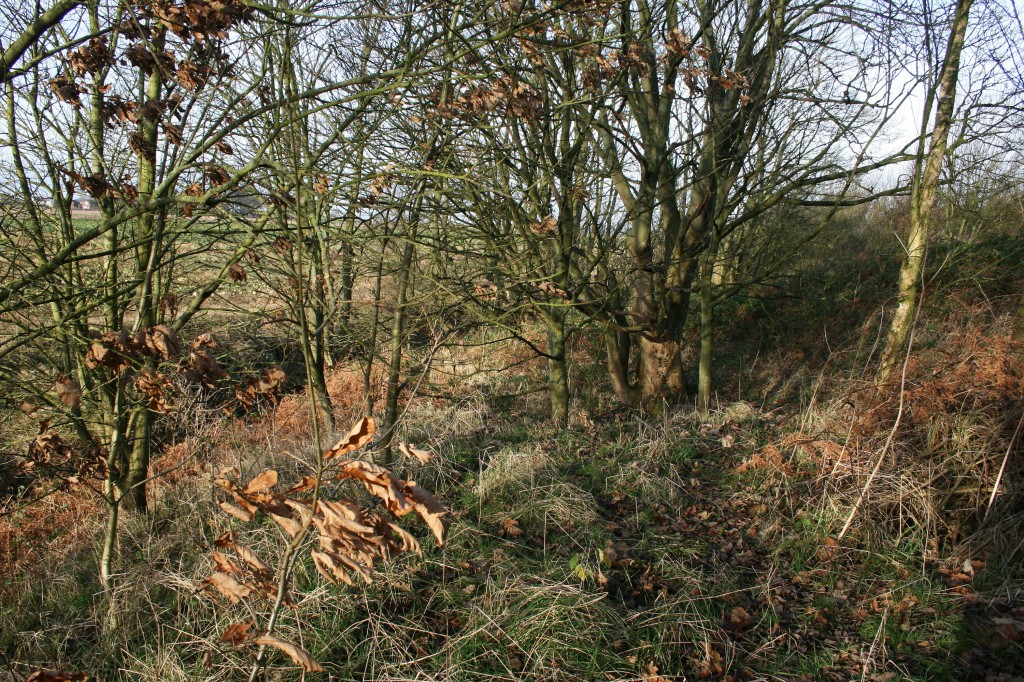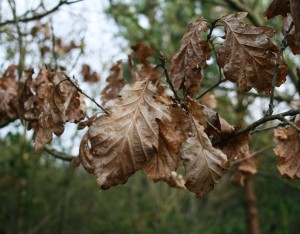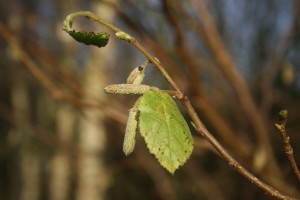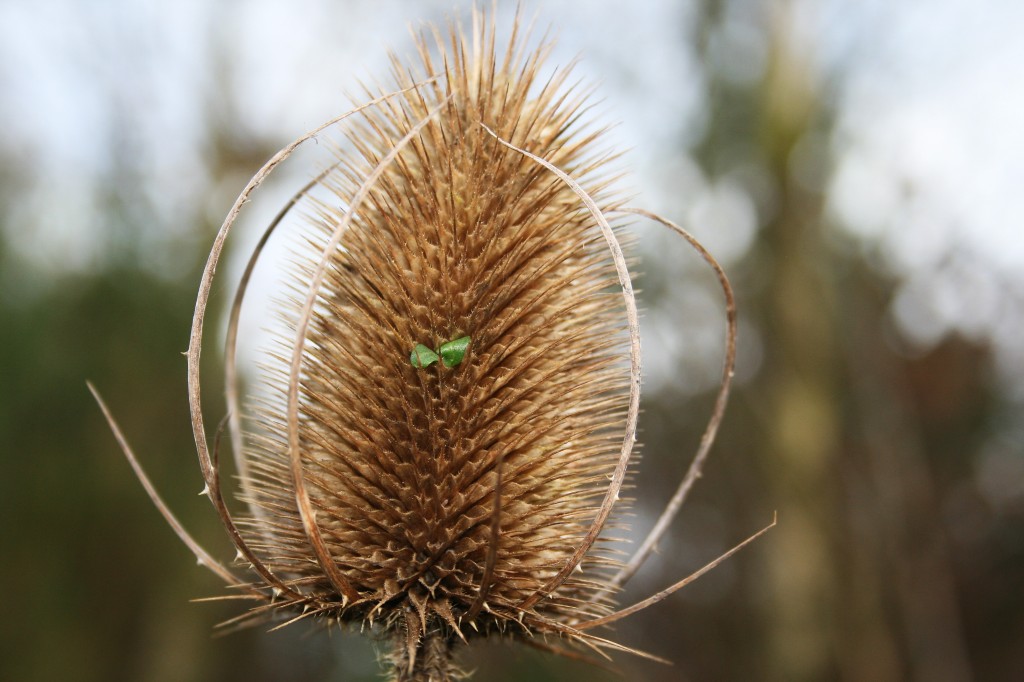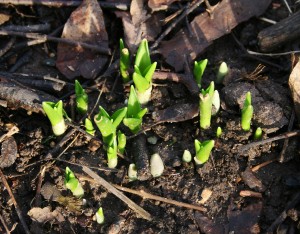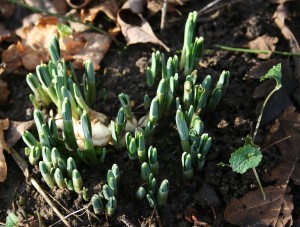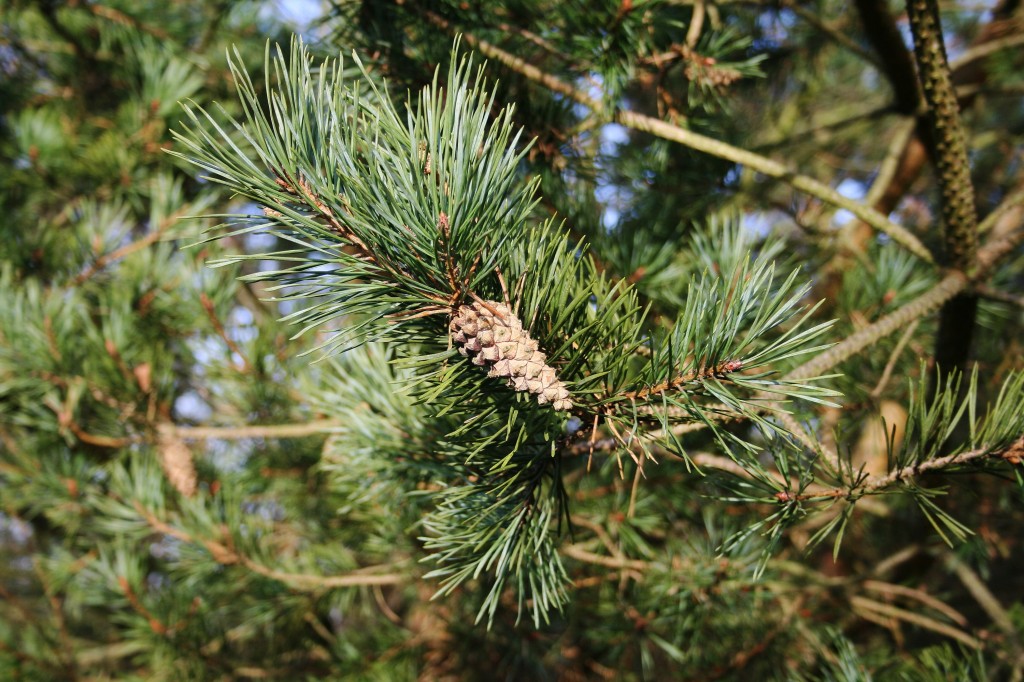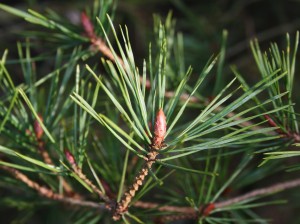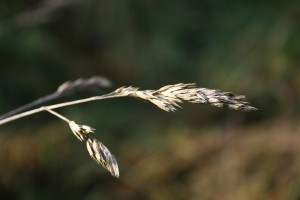Work stopped for a Woodmouse
Late autumn early winter is an ideal time to undertake maintenance work in our ponds, providing of course the waterproof waders are waterproof! Several of our ponds have been infested with New Zealand Pygmy Weed. This is an invasive plant, inadvertently brought into some of our ponds by visiting wildlife.
Seldom Pond in particular was badly infested with this weed as well as needing other vegetation removal. Our newts (smooth, palmate and great-crested newts) need clear water so waders, rakes and excavator soon began to make inroads into the clearance work.
Until a Woodmouse was disturbed and decided to take refuge on the excavator!
Once the Woodmouse was carefully moved to safer territory work continued. The spoil from the pond was piled around the margins to drain and allow any residual pond life time to get back into the water and then eventually removed.
Seldom Pond is now ready to welcome back the newts in the spring
More fabulous photographs by Mark Walters.
Mark treated himself to a ‘pop-up hide’ and staked out a feeding station on the Reserve armed with his camera and a flask of tea to see what he could capture.
These were the results
Martin Mere Bird Watching Festival 23/24 November 2013
We had a very busy weekend at Martin Mere. Mark and Su set up our display stand on the Friday afternoon so they would be ready in good time on Saturday morning to welcome visitors.
Many organisations were there that we meet every year at Martin Mere but this year we made some new friends, Mark and Elis from Wader Quest (click here for details) who kindly took this photo of Mark and Su.
Thank you to all the people who came to talk to us over the weekend, we really enjoyed meeting you. We hope you will come and visit Gorse Hill soon.
Apple Day 12th October 2013
At long last the big day arrived and fortunately the weather stayed dry. All our preparations had been done
signs were up
apples were displayed
and ready to taste
All we needed were visitors. We were not disappointed
Apple pressing was very popular with freshly made apple juice to taste and buy.
Orchard tours were well attended with discussions on planting, growing and pruning for those interested while others just explored
In the Cabin we served tea, coffee and biscuits and visitors could enjoy their refreshments whilst looking at our displays of wildlife around the Reserve, photos of the apples and trees, tried and tested recipes to take away and tasting bite-size pieces of a wonderful apple and blackberry cake kindly made and donated by the mother of one of our volunteers.
Visitors were also able to walk round Cabin Wood, sit by the pond (if well wrapped up!) and visit the bird hide.
A very enjoyable afternoon.
Thanks to Tim for spending his afternoon taking these great photos.
Thanks also go to everyone who helped on our Apple Day on 12th October and, last but not least, thank you to everyone who came along and supported us.
The end of September already!
Preparations are under way for Apple Day on 12th October
A few of our oak trees in Cabin Wood are now mature enough to have formed acorns – no doubt the squirrels will be pleased.
These wonderful rose hips can be seen just outside the bird hide in Cabin Wood.
Sloes are ripening all across the Reserve.
As are Elderberries.
We also have an abundance of Crab Apples
Although our wildflower hay meadows were cut earlier in the season, wildflowers have been coming into flower again. Here are just a few.
August comes to an end.
New fungi both large and small are appearing in Cabin Wood along the woodland edges
Hazel nuts are forming. Hazel has a reputation as a magical tree. In some parts of England hazel nuts were carried as charms and/or held to ward off rheumatism.
Additions to Cabin Wood are proving a success. New Bug Hotels have been built by Louise and Anneli Reed to show how you can utilise all sorts of bits and bobs e.g. old Wellington boots and gloves, tea pots, broken flags, clay pipes and flower pots.
One of our volunteers, John Boyce, has been busy providing his own art additions:
A new bird feeding station has been set up near the seating area by Seldom Pond and is proving a hit.
Early August berries are ripening and strange things are happening to Dog Roses!
This is a Robin’s Pincushion, also known as Bedeguar Gall. They can be found on the stems of wild roses such as Dog Roses and vary in colour from green to bright scarlet. The rose produces this gall for the larvae of a tiny gall wasp (Diplolepis rosae). The larvae develop into grubs, each in its own chamber within the gall, these grubs feed on the host plant throughout the winter and emerge as adults in spring.
The woodland rides are also buzzing with Hover Flies
Late July sunshine sees wildflowers, insects and butterflies spring into life.
Wherever you walk through Gorse Hill you are bound to see wonderful butterflies, especially Peacocks, Gatekeepers, Large Skippers and Speckled Woods.
This is a familiar grassland butterfly; at rest it holds its wings open at an angle.
Usually found on the margins of sunny woodland clearings and rides.
The unmistakeable Peacock Butterfly with its bright colours.
Usually this butterfly lives up to its name and can be found close to most of the gates on the Reserve.
One of our daytime moths, the Cinnabar is very distinctive with its red and black colour scheme but its caterpillars are even more brightly coloured; their yellow and black stripes warning predators such as birds that they are not nice to eat!
There is an abundance of wildflowers at this time of year and Rosebay Willowherb is especially striking.
The Reed Mace in some of our ponds is showing new growth.
Birdsfoot Trefoil is another common wildflower seen across the Reserve
Meet the Sparrowhawk parents. A wonderful photographer Hamza Yassin has kindly allowed us to show his images of the Sparrowhawk parents of chicks photographed below. Hamza spent several days at Gorse Hill photographing these magnificent raptors. As always, just click on the photograph to enlarge the image.
He has captured their natural behaviour with the male bringing in the prey he has caught and plucking it. The male then calls for the female to leave the nest to collect the kill and take it to the chicks.
As you can imagine six chicks are hungry beaks to feed!
You can see more of Hamza’s photographs on his facebook page click here
A very special day. A pair of Sparrowhawks have been breeding in one of our woodlands. The nest has been monitored by Chris Bridge, a local licensed bird ringer. Six eggs were laid and all six chicks hatched. On 6 July the day arrived to ring the chicks and Chris brought along another two bird ringers to share the occasion. We went along too – well we could not miss this could we?
Chris climbed skywards towards the nest whilst Hamza steadied the ladder.
He eventually arrived at the nest and looked in.
We all waited anxiously whilst Chris carefully put the six chicks into a large blue bag to carry the chicks down the ladder.
At last Chris makes his way down with the chicks.
As with all raptors the female is larger than the male and this is clearly demonstrated by the Sparrowhawk chicks. The female is on the left in the photograph below and the male is on the right. In this nest we had three of each!
12 July 2013 Mark Walters has provided us with a stunning photograph of a male yellowhammer, I have also included this in the Bird sub page as it is one of the Reserve’s iconic species
Can you believe we have seen the longest day come and go? New blossom and fungi on 29 June 2013.
A rare sunny day! 25 May 2013
A lovely place to sit. Peter is a local craftsman; this is one of several chainsaw carvings he has donated to the Reserve.
David Woodward is a local artist. This is one of two sculptures David has created for the Reserve and located in Cabin Wood. The sculptures have been funded by the Arts Council.
Out and about 6th & 20th April 2013:
Fabulous photos by Mark Walters, one of our volunteers:
Out and about on 30th March 2013
On a sunny day in January 2013
